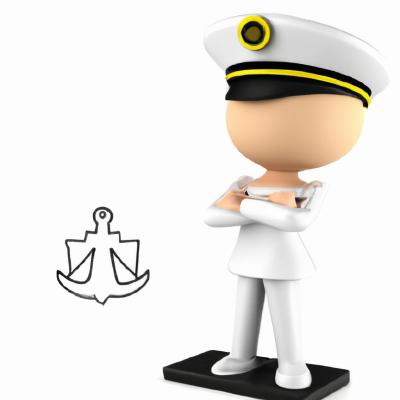
| Finding the Right Insurance Partner: A Guide for Australian Restaurants Running a restaurant in Australia comes with its own set of unique challenges and risks. From busy kitchens to bustling dining areas, every corner of your establishment holds potential liability issues. Understanding these risks and how they can affect your business is crucial for safeguarding your investment. - read more
|

| How to Choose the Right Insurance Coverage for Your Restaurant Business Running a restaurant in Australia is both exciting and challenging. From crafting delightful dishes to ensuring an excellent dining experience, restaurant owners juggle multiple responsibilities daily. Amidst all these, securing adequate insurance coverage often takes a backseat, though it's crucial for the health of the business. - read more
|

| The Role of Staff Training in Reducing Liability Risks in Your Restaurant Running a restaurant involves navigating a myriad of potential liabilities. From food safety issues to customer injuries on premises, the risks are numerous. In recent years, liability concerns have become even more pressing in the restaurant industry, as businesses face strict regulations and the potential for costly litigation. - read more
|

| Navigating the Insurance Landscape: Financial Strategies for Restaurant Owners In the bustling world of hospitality, restaurant owners face a unique set of challenges that can impact their financial stability. From unexpected kitchen mishaps to customer accidents, understanding the unique risks in the hospitality industry is crucial. These risks can lead to significant financial burdens if not properly managed. - read more
|

| Busting the Myth That Income Protection is Only for Physical Injuries To all the self-employed Australians! You're the backbone of our economy, recognized for your entrepreneurial spirit and abilities to navigate the unique challenges of managing your own business. Yet, with great freedom comes great responsibility, particularly when it comes to securing your financial well-being. - read more
|

|
The Role of Staff Training in Reducing Liability Risks in Your Restaurant Running a restaurant involves navigating a myriad of potential liabilities. From food safety issues to customer injuries on premises, the risks are numerous. In recent years, liability concerns have become even more pressing in the restaurant industry, as businesses face strict regulations and the potential for costly litigation. - read more
|

|
Finding the Right Insurance Partner: A Guide for Australian Restaurants Running a restaurant in Australia comes with its own set of unique challenges and risks. From busy kitchens to bustling dining areas, every corner of your establishment holds potential liability issues. Understanding these risks and how they can affect your business is crucial for safeguarding your investment. - read more
|

|
How to Choose the Right Insurance Coverage for Your Restaurant Business Running a restaurant in Australia is both exciting and challenging. From crafting delightful dishes to ensuring an excellent dining experience, restaurant owners juggle multiple responsibilities daily. Amidst all these, securing adequate insurance coverage often takes a backseat, though it's crucial for the health of the business. - read more
|

|
Navigating the Insurance Landscape: Financial Strategies for Restaurant Owners In the bustling world of hospitality, restaurant owners face a unique set of challenges that can impact their financial stability. From unexpected kitchen mishaps to customer accidents, understanding the unique risks in the hospitality industry is crucial. These risks can lead to significant financial burdens if not properly managed. - read more
|







